British researcher John Bradshaw argues that what we thought we know about dogs is simply not true.
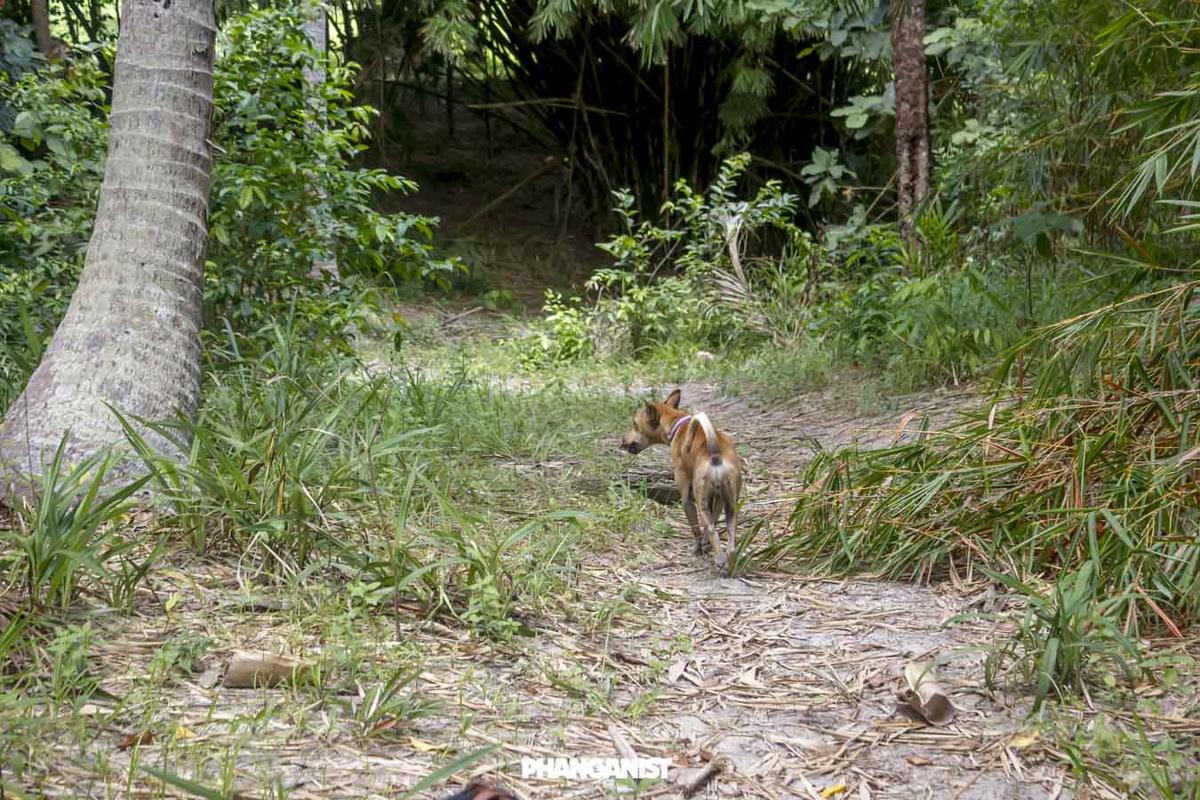
The dog is a domesticated wolf, and the wolf is not what we thought.
We humans treat the dog as part of the family, and this is also how they treat us.
John Bradshaw, a British biologist at the University of Bristol, recently wrote a book, which debunked many of the beliefs accepted by humans about dogs.
These are books devoted to family, friends or partners.
Bradshaw's book "In Defence of Dogs" was published this month in the UK and dedicated to Alexis, "a real dog".
"He was my first dog," says Bradshaw. "When I was a student I got him from a gypsy who asked me to look after him for a few days. That has now been 14 years.
He was a Labrador mixed with a Jack Russell Terrier and he was with me when my children were born and followed me from city to city and from university to university. I did not dwell in the field of the dogs at the time and the first ten years as a scientist.
I researched ants and mites and focused on the sense of smell, and I decided to explore the sense of smell in mammals. Almost no one has studied the subject and it was known to only a few. I began to look at Alexis. Every time we went out for a walk I looked where he was sniffing and what he was doing, I started to experiment and then I started working with a company to produce animal food.
That resulted in dogs becoming my main research field ".
Alexis did unfortunately not have long life, but he can be assumed to be filled with pride in heaven for the help he provided.
The book was a huge success, considering that this is a scientific book.
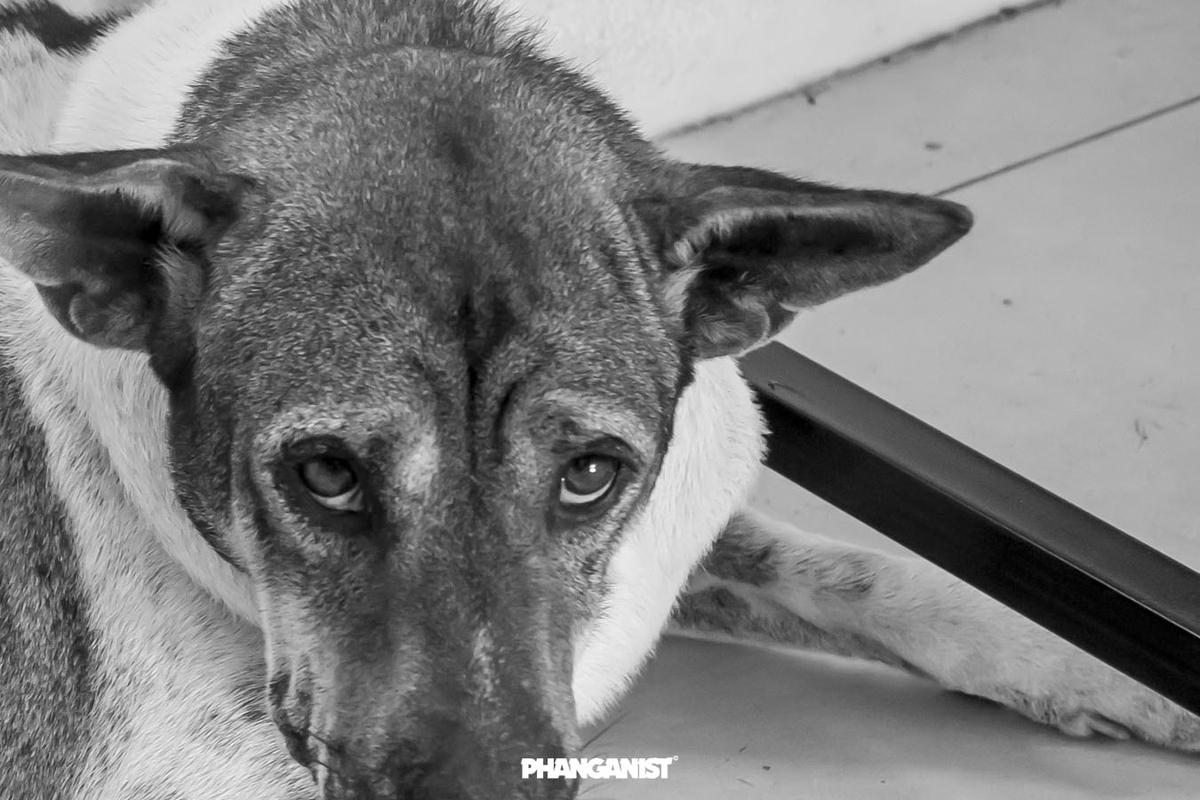
It calls for a revolution in how we understand the way of dogs and how we treat them. Almost every dog owner in the area knows the prevailing theory: dogs are actually a wolf in dog fur. Domestic dogs have evolved from the grey wolf, been domesticated and lived with humans for more than 10,000 years, but it is still a wolf who wants to prove who rules the house.
He takes every opportunity to show who is boss. Any concession made to undermine this basic order leads to anarchy.
Bradshaw argues that intensively and demonstrates in detail what most dog owners felt a long time ago: Dogs are family members so they also see us as family members.
Wolf man
"I began to study the behaviour of dogs in the mid-90s," says Bradshaw. "One of the tasks was to supervise the research pack of wolves and stray dogs in the mountains of Italy. There is a problem of racial mixing among them and hence a problem with preservation of the wolves. We watched a company of dogs, how they were organized, how they found food, what happens when the dog gives birth and if the group helps her.
All the books say that dogs behave like wolves, with a hierarchical structure of dominance. One of my doctoral students from "Observations of the dogs" in the UK told me that he did not see any wolf behaviour in them. We observed various dogs, like Huskies and Labradors, and wolves nearby, but he found no wolf behaviour.
"After three years we wondered if the canine model is really true. We have developed a different model, which essentially is that a dog needs food, water, a place to rest, but it also has psychological needs, most important of which is being a psychologically safe environment. He wants to feel safe, to be without attack or being attacked.
"And then we began to change the way that we study wolves. Until then, all studies were conducted in zoos, where wolf packs were assembled artificially. They found a wolf here, have adopted other wolves and got another one somewhere else - all the wolves were brought to the environment in a small space, surrounded by fences.
The zoo created a system of aggression and fear - the most aggressive wolf dominates the others, in nature they would simply run away, not forced to live in constant fear and stress. Environmental scrupulosity led the observations, which were accurate, to the completely wrong conclusions. "
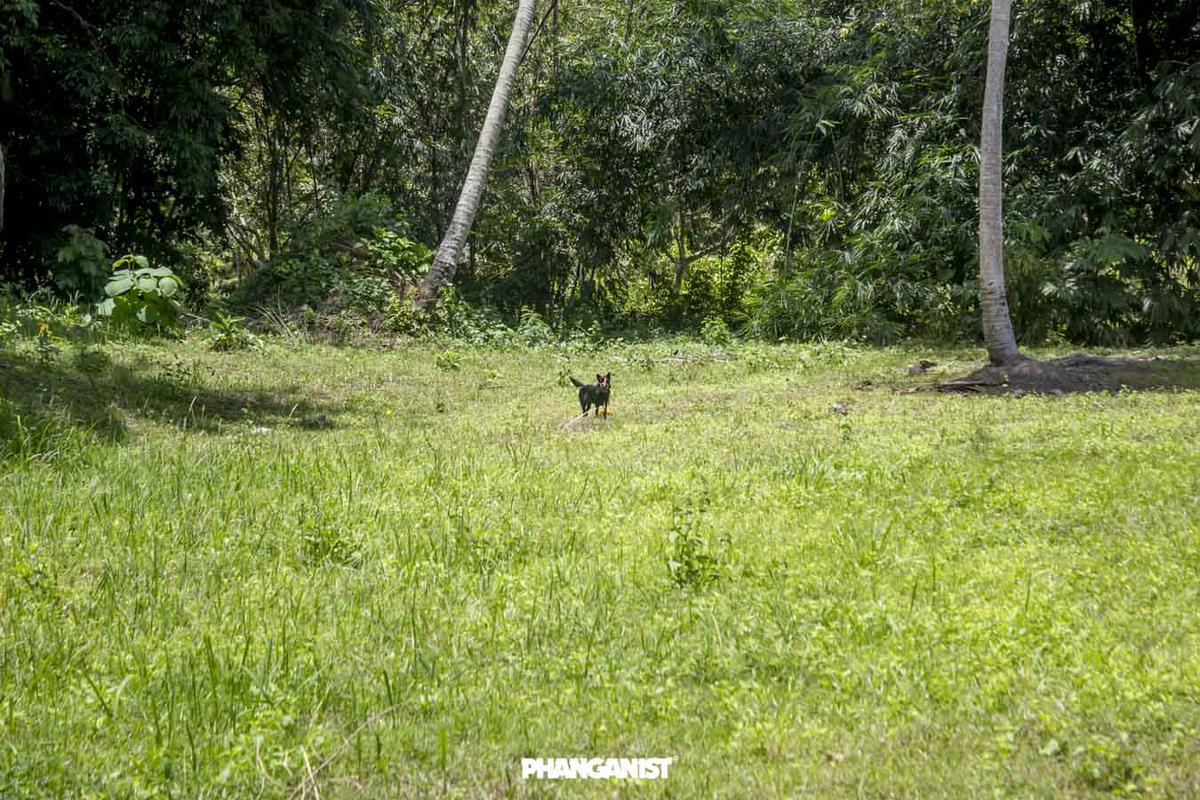
Studies in recent years have shown wolves that are more sophisticated.
Means of satellite navigation and photos facilitated the monitoring of wolf packs in nature reserves, where researchers found the wolf man. That was the bad news for humans, which lead to legends as a predator, a scary evil, but good news for dogs.
"Researchers David Mitch and Luigi Levitan published their findings in 2003," says Bradshaw. "They argued that wolves have a family with parents, harmonious usually. Sometimes, when there is enough food, the young people will help their parents, and as they grow up they leave or stay if needed."
The whole system is based on closeness and warmth. The young are bursting with affection for the adults because they need them and learn almost from everything from them about how to be wolves. Instead of talking about submissive behaviour we prefer to describe the behaviour of cohesive ".
All those familiar behaviours described as submissive or dominant behaviour, were all given a new interpretation.
Like laying on his back with his belly free and unprotected.
This behaviour is also the bond between children of parents, a child who requests attention and closeness.
All those tips such as "Never let a dog eat first or go through the door in front of you" did not do a thing other than make your dog sad and feel as an outsider of the family. Recommendations for punishment and non-stop standing guard dogs collide with the basis of which this science is based.
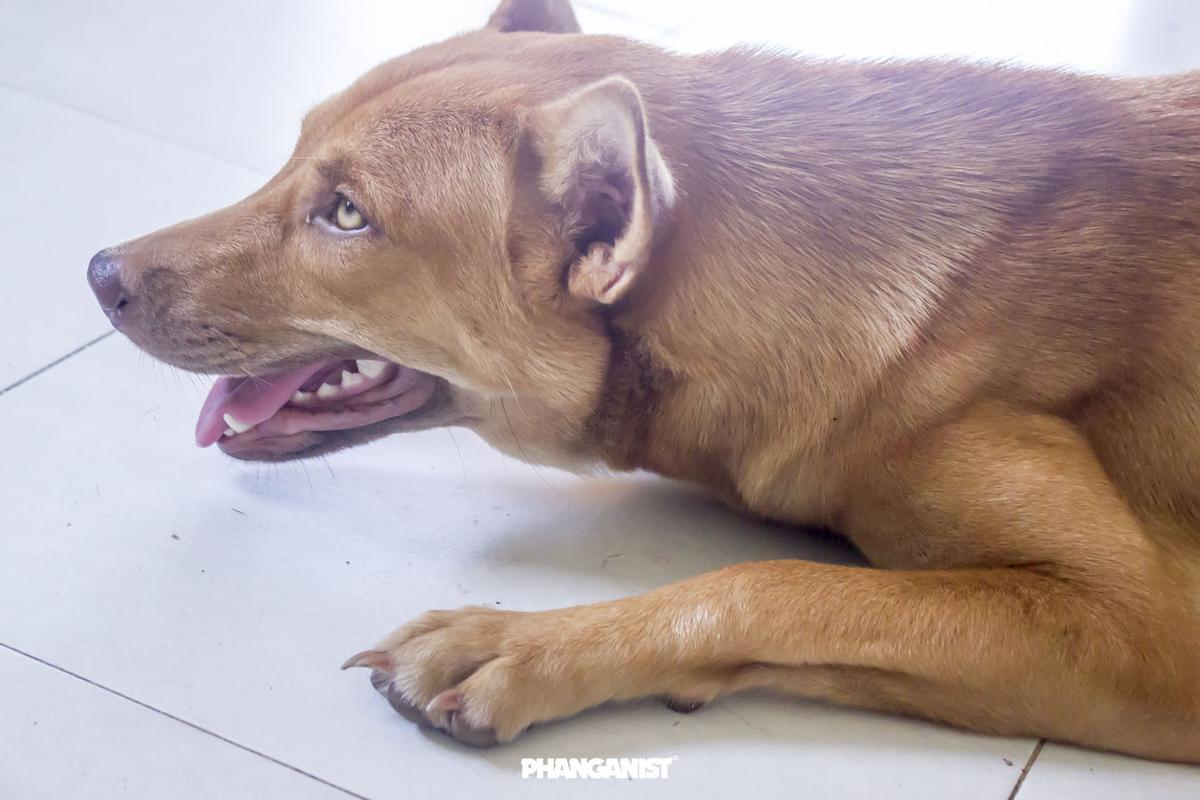
Although scientific publications have agreed over the past eight years, that the public and media still live with the dog as if he was a threat. "True, it did not reach the public as it should have," said Bradshaw.
In the last decade, Bradshaw spent time in Britain and America researching on dogs that are presumed to be guard dogs, such as the army, police and prisons. "After September 11, the number of dogs in these entities increased six fold, and we studied how to train dogs. In the last decade, all these entities were based on domination and taming penalties based on reinforcement, and that includes the most aggressive attack dogs.
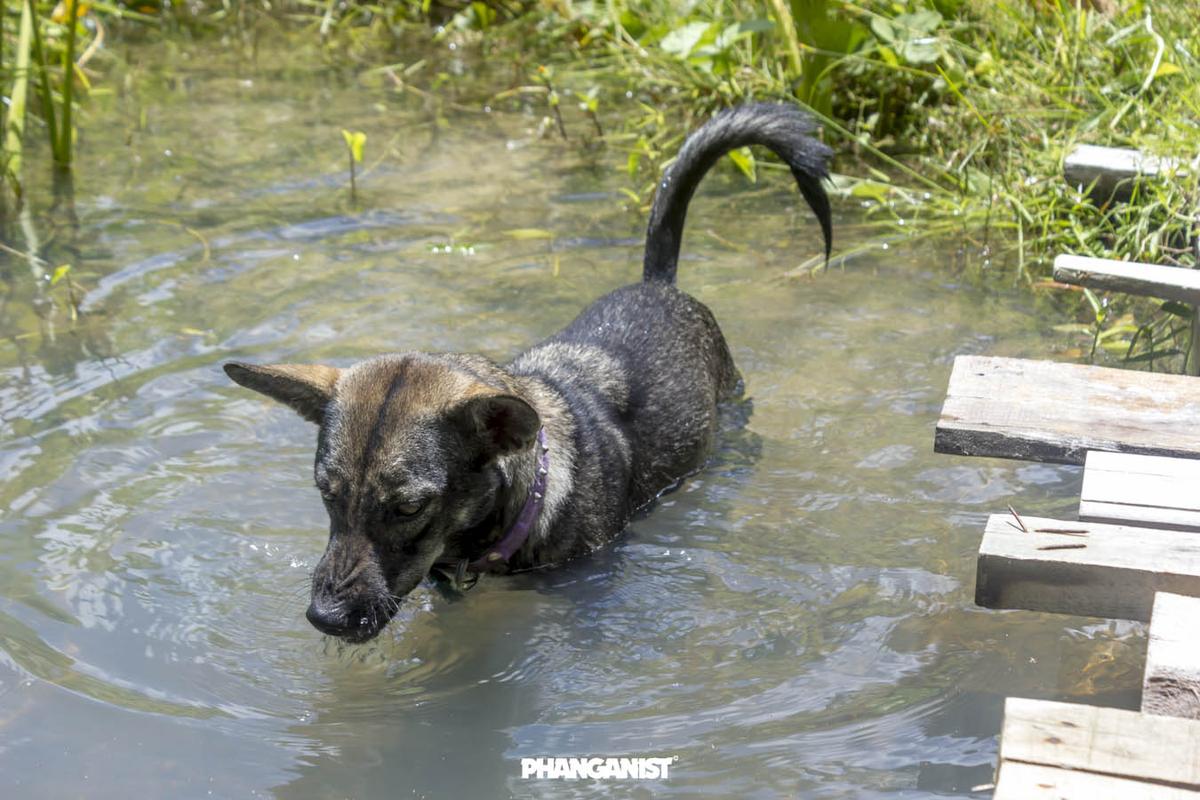
Taste the smell
Bradshaw’s people are familiar with the department. He explains the canine world is based primarily on the sense of smell and recommend that any first date between a dog and a person should start with letting the dog sniff and lick his hand. All other behaviour would be like a person who hides his face in the first meeting with another person. "Lick stems from the fact that dogs like to get even further in the mouth," he explains. "They want more than the smell, they want to taste it."
Jealous dogs
Dogs have basic emotions of fear, anger, joy, and enormous love for human beings, but contrary to the common - they are not able to understand what is happening to their owners, although they possess an impressive ability to read body language and respond to it. "We will never know absolutely what dogs feel," he says, "but we certainly know the anatomy of emotions among mammals, particularly rats. We know where emotions are located in the brain and we know the basic emotions are located in a primitive brain.
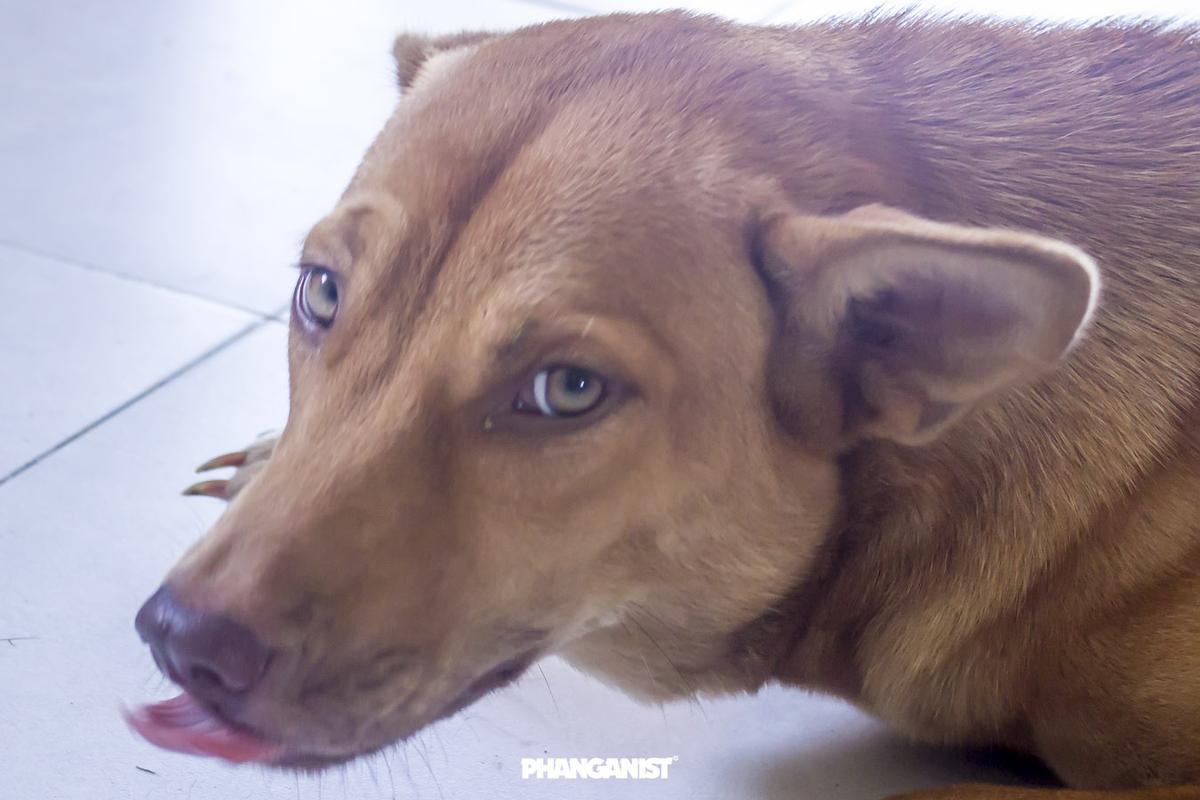
"There is an argument in biology, regarding unexplainable behaviour without emotions. There is an evolutionary explanation of the fact that animals play: They play because they are taught. However, they will use this knowledge only in a distant future, then why are they playing now? The simplest way to explain it is that the game pleases them. The evolution has created a mechanism where the animal, if it is not hungry or does not have anything better to do, will play and be delighted, and then they will return to the game and learn how to find food and how to behave with other dogs. As a scientist, there is no denying emotion. There is clear evidence of their existence and that it is beneficial to the animal. "
The picture is complicated with more complex emotions. "People believe that animals can experience many emotions, because they project themselves on to the animal," says Bradshaw. "If there is an animal that you love, the natural thing is to imagine yourself in the same situation where he is, and I believe that dogs do not mind that. It allows them a sense of identity.
Envy and guilt.
The day will come that we can put a mini MRI on the dogs and then we will know what part of the brain is activated, but it is clear that behaviour like jealousy does exist.
If a strange dog will come to your home and you do not salute him, your dog will try to act as a buffer between you and him. This is the mechanism of evolution. The dog depends on the human being in existence and should retain this status. Humans, however, suffer from jealousy from time to time. If someone would want my wife, jealousy will arise. I do not think that dogs think the same way. They will be jealous when they see their owners play with other dogs, but once the owner ceases they will forget this envy. This is not obsessive envy ".
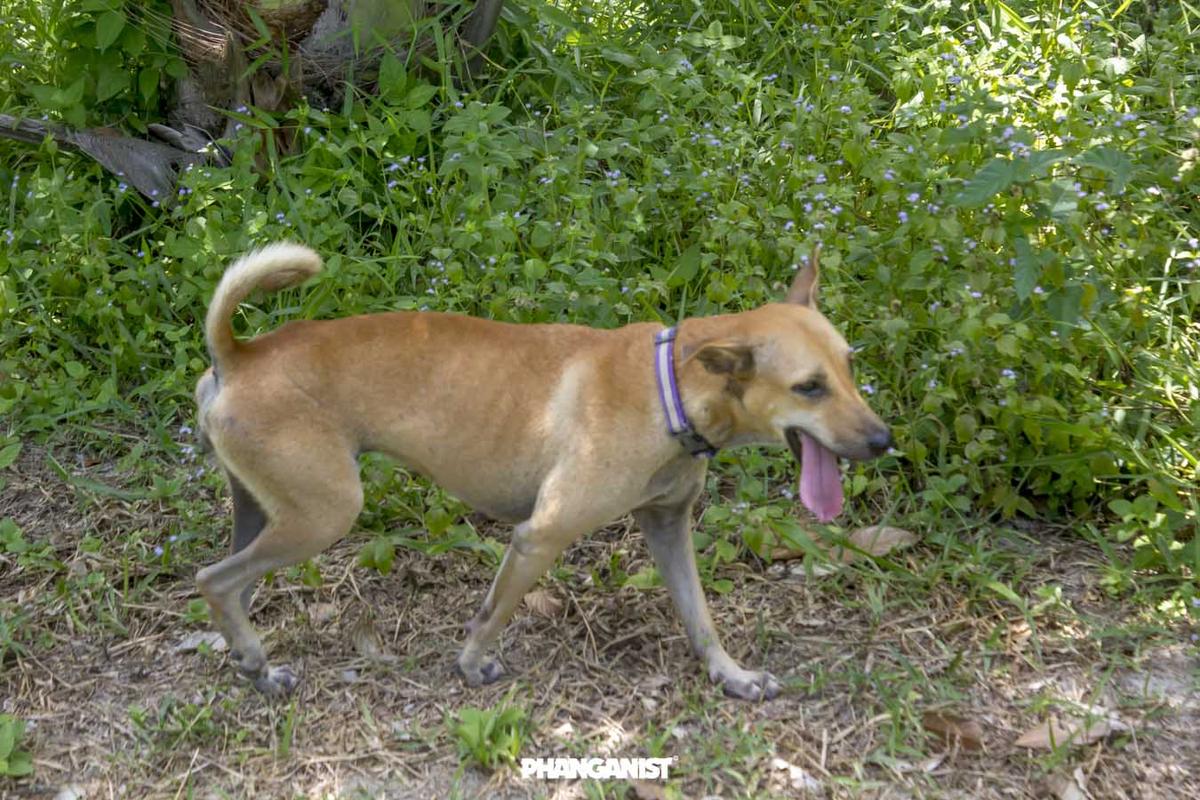
Scruples
"I know that many dog owners think it's sacrilege," says Bradshaw who went to disprove the myth of "the dog knows he did something wrong." Almost everyone who has returned home and found damages caused by the dog can tell that the dog knew he had behaved in an inappropriate manner. "Many people think that dogs behave as if they are guilty when they do something forbidden," says Bradshaw. "The studies show that this is not so. There is no canine body language that can be attributed to a sense of guilt. There is however a behaviour that can be attributed to stress, anxiety or fear of punishment.
"A study by an American scientist discovered that the way a dog behaves after he did something wrong, is more related to how the owner acts and the way he is afraid the owner will behave. All studies show that dogs live in the moment, in the present. Studies concerning the sense of time of dogs reinforce this approach: they remember things, but do not know when they happen and they forget things that happened in the more distant past. They will remember traumas, but not when they happened. If a black dog attacked them in the past, they will not remember, until they see a black dog again and then the memory wakes up and the brain sends a message to get out away.
"Dogs do not plan things in a similar way to humans and they do not associate punishment with bad behaviour they did a few hours ago. The dog would think the owners were happy to meet him when he came home and when he punishes him - he will not understand it and will think it is because of something unexpected. Increasing the penalties increases the dog’s confusion and he will go crazy as to not be punished, they go wild for relief. The conclusion is: Do not punish your dog because of something he did an hour ago or more. This will only exacerbate the problem. "
There are many reports of dogs sinking into depression after a person or a dog close to them dies.
"They will definitely change their behaviour when the owner is gone, but I think they do not understand the concept of death. There are hints that elephants realize the meaning of death but we have no reason to believe that about dogs - at least based on current knowledge. They have a mental image of their surroundings and their behaviour will change accordingly, and if people mourn, they will feel it. There has not been conducted a comprehensive study on this issue, but I think that the dogs who are behaving abnormally, is because people around them behave differently, and in fact they experience anxiety ".
"Puppies are born with a strong impulse to love people," says Bradshaw, "but they must be in contact with people before the age of 12 weeks, otherwise they will not get used to people."
"Most dogs will grow to love people like those who took care of them when they were puppies, but it is not enough in the modern society. They need to learn at this time to build a picture of the whole human race, they should recognize the men and women and children".

Puppies
Many puppies are exposed to a critical period where they perform two conclusions: they may be afraid of children, because they are of different sizes, have different smells and they are not kind, or they do not recognize them as human beings and think that it is food and attack them. Most dogs attacking babies do not understand that it is "people". So it is important to expose puppies to all human spectrums, and expose them to other pups so that they learn to be dogs."
"We must also expose the puppies to different conditions. A dog on the countryside, passing the first six months of his life in the village will find it difficult to adapt to the city, as opposed to a dog raised in a noisy environment, vehicles and large numbers of people. Dogs municipal tougher and know how to deal with new situations. Dogs need to know to build self-confidence to know that they how to deal with new things, and socialization is critical for their mental ability. "
What happens if you miss this window?
"If they miss this window, which is rare, then they will suffer not to match to humans. There are ways to treat the dogs and it requires time and expertise, and not everyone can provide such care."
What is good for the dog?
Future dogs in human society are frightening to Bradshaw. He feels that the priorities in the Kennel and much of the public has gone wrong. In the past, dogs were fostered to work, and hence their health was important to their owners.
Breeders today breed many mixed races who meet the aesthetic, at the expense of the welfare of the dog. The standard of English Bulldog sets very narrow hips and therefore there is no place for females to give birth naturally, but only by Caesarean section. Cavalier King Spaniels always suffer from severe diseases and many large dogs suffer from arthritis.
In addition, we have not talked about mods.
Take a walk in the park in the evening and you will discover beautiful identical Labradors. Take a stroll down high-class neighbourhoods and you will see a different scenery. However, the trend from high society has resulted in an uncontrolled and harmful breeding, and many families have adopted a dog that is not suitable for living with children.
"We need to change our priorities," says Bradshaw. "We must look at dogs as friends.
"Today the dog should be easy to tame, not sensitive to changes, it does not need much exercise and should be used to living home alone for hours. The situation today is that there are races in which the genetic pool are very very small. One can compare it to all the dogs in the UK are like cousins . Can you imagine a situation in which all Londoners are cousins of yours? It is not recommended, but it is encouraged among breeders. To raise champions they actually reduce the gene pool."
"We have a responsibility to say that some of the racial standards do not match proper behaviour expected from the animals. People should choose a dog that suits them, and not the dog that is most beautiful. People call me regularly and say they are on vacation and see the Border collie puppies that are beautiful - and they really are great, your heart skips a beat when you see them - and I tell them: Turn your heart to me for a moment; this dog will grow into something you do not want to handle. I know you live in the city and do not have much free time. Please give up on a dog, that you will have to employ several hours a day, otherwise he will go crazy. They will be great dogs if you have experience or if you live in a rural area and you want to walk 25 kilometres a day. "
An especially troubling trend, says Bradshaw, is growing attack dogs. "There are neighborhoods in London, where young people with attack dogs are dangerous. Sometimes it's a status symbol, often a weapon for everything and sometimes an investment for the purpose of dog fights. Shelters of NGOs have full adoption of crushed, aged or abandoned dogs. We must remember people who hold these dogs want them to be aggressive and encourage them to be aggressive. Some with dogs not properly trained bite because they are afraid, or they do not understand the situation. Others have trained dogs to attack. "

Dogs, says Bradshaw, prefer the company of humans and other dogs, which is also important for them of course. This extraordinary connection is the basis for the book, a fascinating cooperation between the two creatures. Every dog lover knows all about the moment when their dog noticed something was amiss, and responded in a touching way and sometimes even saved its owner from death, and there are reports of dogs who warned about tumours and seizures. "I work with an organization that nurtures dogs to work with people who suffer from epilepsy or diabetes," says Bradshaw. "Dogs can arouse the attention of others before a diabetic gets a shock or when someone is about to faint and may fall on the floor."

How do you think humans influenced the dogs?
"This is a subject for another book. Dogs helped extinguish other species of animals. When people came to new areas, large animals were destroyed quickly and I suspect that dogs helped locate this life and hunt them. They changed the environment and boosted agriculture in the Middle East.
There is a theory that they helped to drive the animals to the humans and tame the other domestic animals together with their human family."
Home Alone
John Bradshaw's book, though not a guide in breeding, occasionally appears with practical advice, for example on how to train your dog to stay alone at home. Research by Bradshaw and his colleagues at Bristol found out that almost one fifth of dogs suffer from separation anxiety and have difficulty passing the time by themselves. They are destroying furniture, defecating in it or moving it in circles. The solution is to gradually accustom them to leave and return to: begin collecting keys and jacket, first without even leaving the house; then open the door, but do not go out; leave tiny periods, and return; then leave for a few minutes, then hours - each time to provide reassurance to the dog.
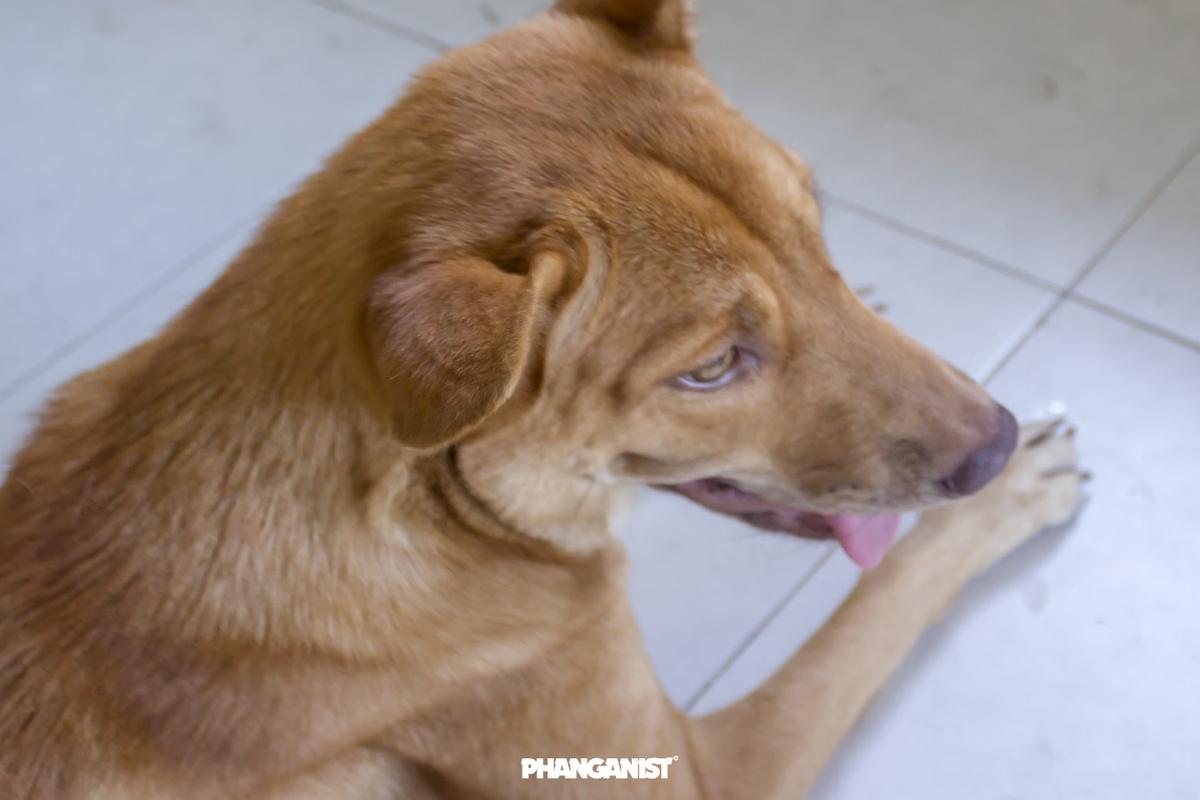
Phanganist loves Dogs xx





















